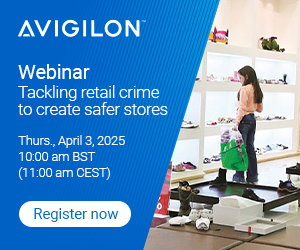INTERVIEWS
To show or not to show. That is the question...
Have you ever considered the importance and value of not revealing evidence to your subject during your investigative interview? By not revealing your evidence, it provides several advantages during the conversation.
First, your subject does not know exactly what you know. This can often lead them to admit to issues that you were previously unaware of. For instance, if you show them a video example of them taking money from the till, they might admit to that one instance, but not to the five other times they’ve committed the same offence.
Another benefit of holding on to a key piece of evidence is your subject can provide specific details about the incident without you prompting them with information. This helps you substantiate the information and details they provide. In other words, they offer you information only the guilty person would know; it helps you understand if they are being truthful. This also helps you validate the rest of the story they provide.
Often, interviewers feel frustrated and want to present the subject evidence in order to get through resistance, hoping their subject will be honest. Be patient and challenge yourself to withhold evidence, or at the very least, make it a gradual release.
by Chris Norris, CFI
Wicklander-Zulawski Europe







